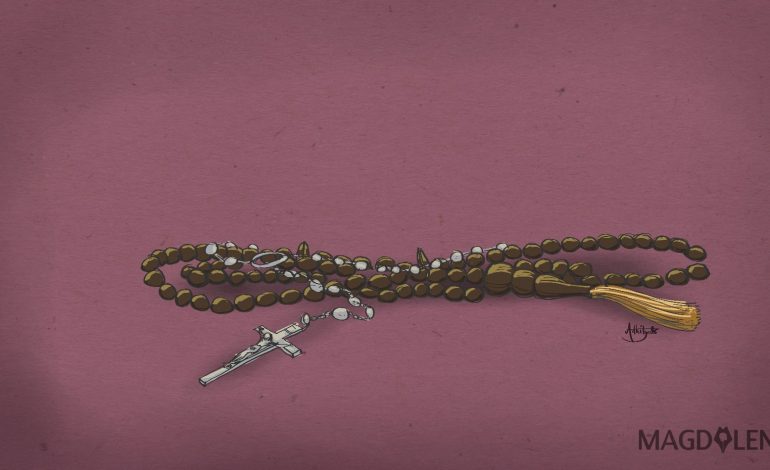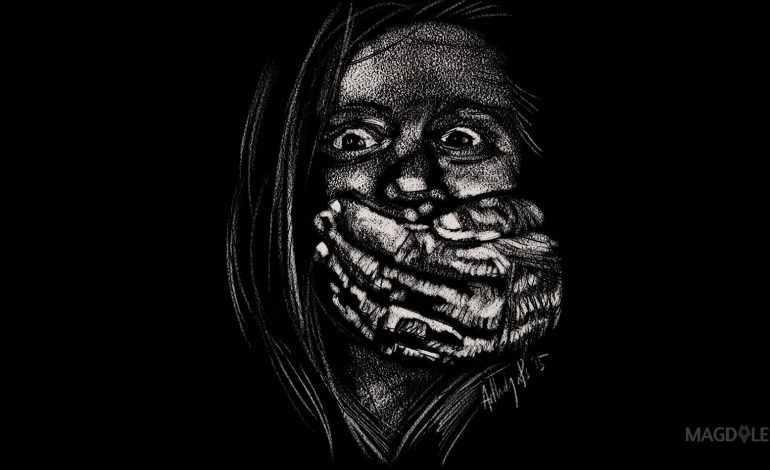Interfaith Marriage is Possible in Indonesia

This is a response to this article on interfaith marriage. If you have a counterargument, a reinterpretation or just a longish response to any of our articles, please write to “Your Feedback” column.
On June 18 2015, the Constitutional Court rejected the judicial review on Article 2 (1) of the Government Regulation No. 1/1974 about Marriage that was proposed by three graduates and one student of University of Indonesia from Law Department. The judicial review was proposed in order to guarantee the legal law for interreligious marriage. The common interpretation of the ambiguous Article 2 (1) of the Regulation is that interreligious marriage is impossible in Indonesia. The previous article that is published by Magdalene generally tells about the same understanding.
As it so happened, I recently conducted my class assignment about interreligious marriage in Indonesia or to be specific in Yogyakarta. I would like to introduce to you, the two people who informed me on this matter, and who is also an interfaith couple, Sak Liung (a Buddhist) and Friska Widhiyati (a Catholic). They got married in 2013 in St. Antonius Church, Yogyakarta. They wedded in a Catholic ceremony, but it did not involve converting Sak Liung into Catholicism. He also did not need to change his religion on his identity card. They told me that the church gave a dispensation for Catholics who want to marry non-Catholics.
In order to get a legal recognition from the state, the church testified to give evidence that the marriage was already officiated in a Catholic ceremony to the Population and Civil Registration Agency in Yogyakarta, so the state can issue the marriage certificate.
Officials of the Population and Civil Registration Agency said that the office only accepts and records the testimony from religious institutions, in Sak Liung and Friska’s case, the church. The agency has no problem if the groom and the bride has different religious backgrounds as written in their identity cards as long as there is a testimony from a religious institution that it has officiated their wedding ceremony. Based on the couple’s story, the religious institution plays the important role in making an interfaith marriage possible.
According to this evidence, it is clear that the state, in this case the Population and Civil Registration Agency only accepts and records testimonies from religious institutions. In short, the state does not intervene in the religious affairs in the context of marriage. The decision whether a marriage is valid or not, including an interfaith marriage, is totally on religious institutions. That is in the same line with what is written in the Regulation No. 1/1974 about Marriage.
Furthermore, the right to not be forced to convert to another religion in the case of interreligious marriage is protected by the Constitution. As stated by Suhadi, my lecturer and also expert witness in the judicial review, the right to marry should not contradict the right to belong to any religion and faith as written in the Article 28B (1) and Article 29 (2). Based on those Articles, Suhadi argues that the state should protect the right of interreligious couple to not convert to the same religion.
To conclude, the authority to legalize an interreligious marriage is actually on religious institutions, not the state, because the state is only accepting and recording the testimony from religious institutions. By rejecting the judicial review, actually the state is consistent with its position to not intervene into religious affairs, including marriage. That is contrary to the common understanding that claims the state intervenes into religious affairs.
So, it is time for religious institutions and religious leaders to be open on contemporary issues in this globalization era, such as on interreligious marriage.
*Send your thought to [email protected] with the subject “Your Feedback”
Daud Sihombing is a 25 years old photographer who is continuing his studies at the Center for Religious and Cross-cultural Studies at Universitas Gadjah Mada, Yogyakarta.






















